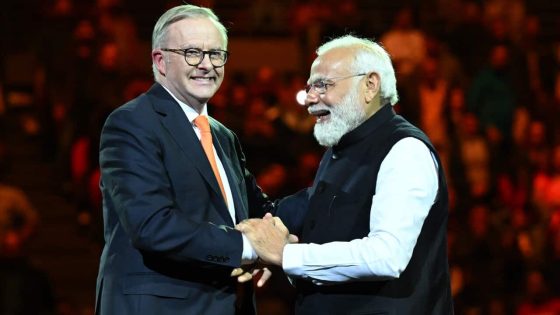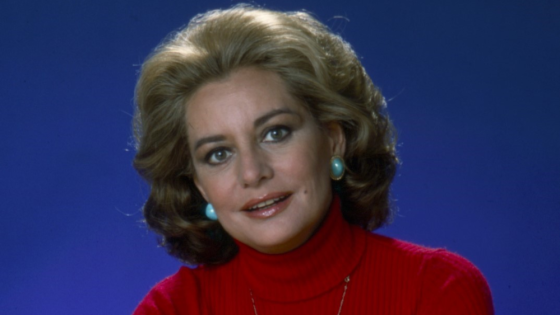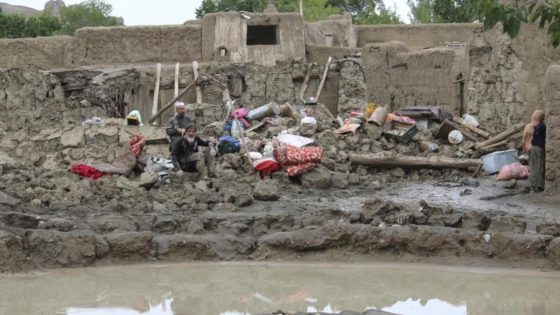India has played an increasingly larger part on the global diplomatic stage under Prime Minister Narendra Modi — but the Hindu nationalist leader’s third term after his Bharatiya Janata Party (BJP) party will see him look to take a starring role.
Modi portrays his country as a leader of the Global South, with himself a chief spokesman for the loose grouping, and another five years in office gives him greater longevity and seniority among the world’s most powerful, despite his reduced parliamentary majority.
The 73-year-old is pressing for the world’s most populous nation and fastest-growing major economy to have a permanent seat on the UN Security Council.
“Modi will be one of the most senior leaders on the global circuit and that too with three election victories under his belt,” said Harsh V Pant, professor of international relations at King’s College London.
“He has set out major ambitions for himself and India and it’s unlikely that he would compromise on his legacy.”
Modi’s Bharatiya Janata Party (BJP) won a majority on its own in 2014, ending India’s era of unstable coalition governments, and repeated the feat in 2019. Source: AAP / Ajit Solanki/AP
Analysts say that India has interests rather than allies and Modi — once a pariah — has been courted by the United States and European nations as a counterweight to China, despite warnings by rights activists about rising authoritarianism.
He uses India’s growing global footprint to bolster his own domestic standing, and at the same time used to burnish his image abroad.
Now he hopes to build on by bidding for the 2036 Summer Olympics.
Here is how a third term for Modi could build on a decade of his diplomatic ambitions.
Australia
Both India and Australia are part of the Quad grouping and Australia also has a large Indian diaspora, , according to the Australian Bureau of Statistics.
Modi in May 2023 and during his visit two bilateral and energy were signed, while a were completed the year before. The Australian federal government also announced between the two countries.
Amitabh Mattoo, honorary professor of international relations at the University of Melbourne, told SBS News that Modi’s reelection for a third term means that Canberra can expect a continuity in India’s policies towards Australia and “a certain stability”.
However, losing the majority in the parliament could mean Modi takes a different approach in terms of economic agreements and foreign policies.
“The slight erosion in Modi’s image as a strongman because of the loss of electoral support also means that the more adventurous elements in India’s foreign domestic policies will be constrained, and the illiberal profile of his government will be tempered,” Mattoo said.
“The challenge is to see if the business-friendly environment in India under Modi sustains itself and to see if as leader of a coalition he has the political heft to continue with domestic reforms and make the Economic Cooperation Trade Agreement — signed with Australia — into a really robust free trade agreement.”
Australia and India’s bilateral relations took a hit earlier this year when and expelled two Indian operatives from the country in 2020.
Matoo said, as a one-off incident, this will not derail the relationship between Australia and India. “But if there is a sustained pattern in the future this could undermine bilateral ties.”
United States and Europe
India is part of Quad with the United States, Japan and Australia that positions itself against China’s growing assertiveness in the Asia-Pacific region.
US President Joe Biden hosted Modi for a state dinner last year and has called Washington’s ties with New Delhi the “defining partnership of the 21st century”.
In February, Washington approved a $4 billion sale of state-of-the-art drones to India, the latest boost to India’s defence in a counterbalance to its northern neighbour.
That deepening of ties has come despite rights groups sounding the alarm about threats to India’s democracy and increased discrimination towards the 200 million-plus Muslim minority.
And the US Justice Department charged an Indian citizen last year with allegedly plotting an assassination attempt in New York approved by India’s intelligence agency.
India also has growing ties with European countries, and hopes to expand multi-billion-dollar defence deals with France including the sale of Rafale fighter jets and Scorpene-class submarines.
China
Beijing and New Delhi are both members — alongside Moscow and others — of the Shanghai Cooperation Organisation forum.
But relations between the world’s two most populous countries slumped in 2020 after their troops fought a deadly high-altitude skirmish along their 3,500km frontier.
Tens of thousands of troops from the nuclear-armed Asian giants continue to eyeball each other and territorial claims fester, but despite their rivalry China is India’s second-largest trade partner.
Jayant Prasad, a senior former ambassador, said he expected “adversarial relations” to endure.
“India, with its friends, will try to rein in China’s assertiveness,” he said.
Modi’s right-wing government has pumped billions of dollars into border infrastructure and boosted military spending by 13 percent last year — but it is still barely a quarter of China’s.
‘Global South’
Modi called New Delhi “a strong and important voice of the Global South” this week, and last year India hosted two “Voice of the Global South” summits as it sought to strengthen its role as a representative of Asian, African and South American nations.
It was under Modi’s watch that the African Union bloc became a permanent member of the G20, with India arguing developing nations need a greater say in global decision-making.
India is also a founder member of the BRICS club of emerging economies. The grouping includes Brazil, Russia, India, China, South Africa, Saudia Arabia, Iran, Egypt, Ethiopia and the United Arab Emirates.
Russia
New Delhi and Moscow have ties dating back to the Cold War and Russia remains by far India’s biggest arms supplier.
India has shied away from explicit condemnation of Russia for its invasion of Ukraine, abstained on UN resolutions censuring Moscow, and snapped up cut-price Russian crude oil supplies.
Modi in March congratulated President Vladimir Putin on his re-election, adding he was looking forward to developing their “special” relationship.
Pakistan
Modi’s government has refused to engage with historic rival Pakistan since accusing the country of cross-border terrorism.
The two nations have fought three wars and numerous smaller skirmishes since being carved out of the subcontinent’s partition in 1947. Control of contested Kashmir has been at the centre of tensions.
In 2015 Modi made a surprise visit to the Pakistani city of Lahore but relations plummeted in 2019.
In March, Modi congratulated Pakistani counterpart Shehbaz Sharif on his return to the premiership — a rare expression of goodwill between the leaders of the nuclear-armed neighbours.




